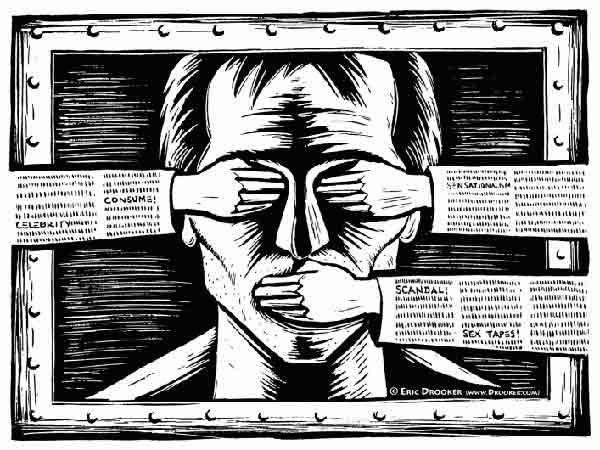Social media debate has a bad reputation. Often described as meaningless, rude and derogatory, in extreme cases virtual disagreements have even led to threats and violence in the real world. Female politicians, in particular, have been targeted by trolls and subject to slander and vitriol. Yet new research shows this negative image is largely undeserved.
A study, based on content analysis of debate in the mainstream media was conducted by the Centre for Power, Media and Communications at Roskilde University, Copenhagen. It found that negative conclusions drawn about social media interactions are often based on marginal examples, involving divisive topics. When regular online debate was examined, over the period of one week, the study found that internet debate is mostly neutral and harmless.
Our study, Agency and Civic Involvement in News Production via Facebook Commentary, sampled 149 posts from seven Danish online newspapers’ Facebook-pages, and 3800 subsequent comments from users. The data was collected in week 46 of 2012. Week 46 is a week that we use every year to measure many things in the Danish news landscape. To avoid moderation data was gathered in real time, to the fullest extent possible.
Of the 149 posts the most popular option, amounting to 49% of responses, was to post a neutral statement, or description, of what the news item attached to the post was about. The next most used option was to ask a question (30% of posts). Both of these strategies are also good for engaging users in debate, but asking a question in general yields longer debates than other strategies.
The study’s main conclusion is that, by a large margin, internet debate is neutral. Most (73%) of the comments did not contain either a negative or positive slant. Only 21% of the comments were derogatory and only 6% positive. Another key conclusion is that there is a link between what tone is used in posts and the subsequent tone of the debate.
When users ask a question many times it is often because they feel angry about an issue. The subsequent debate, and responses to their questions, can reflect this negative tone and spiral into an argument.
As our research was based on a quantitative study, we did not account for the content of the debates studied, however it was clear from our results that Internet debate is not meaningless or pointless. The Internet debate we studied was full of meaning. In most cases, (68%) users expressed their opinions. And in most cases, 82%, they stuck to the topic of the debate.
Many journalists, editors and even media scholars are worried that social media might take over the core functions of journalism, such as agenda-setting, reporting new viewpoints and criticising powerful elites.
Looking at these parameters, we found that Internet debate is not a threat to existing media. Only 5% of comments we studied contained new viewpoints, and a mere 11% of comments attacked government institutions. So, in terms of agenda-setting, Internet debate is not yet very powerful. It does not seem that journalists will be out of their jobs very soon.
We believe that the community managers from established online media could act as moderators of online debate, by asking more positive questions and not posing confrontational questions at the outset. The media itself could even opt-in to the conversation in a constructive way, not just moderate by deleting comments.
This could allow for a better and more fruitful debate and might also allow for a wider range of viewpoints to emerge, and be heard, through social media.
Many of the results and much of the data can be retrieved from this URL: http://journalismdata.ruc.dk/blog/agency-and-civic-involvement-in-news-production-via-facebook-commentary/
pic credit: Flickr Creative Commons: Sean R Nicholson
Tags: Journalism research, media, New media, Online journalism











































